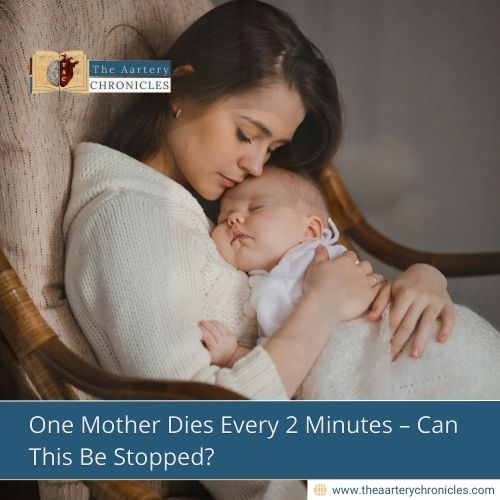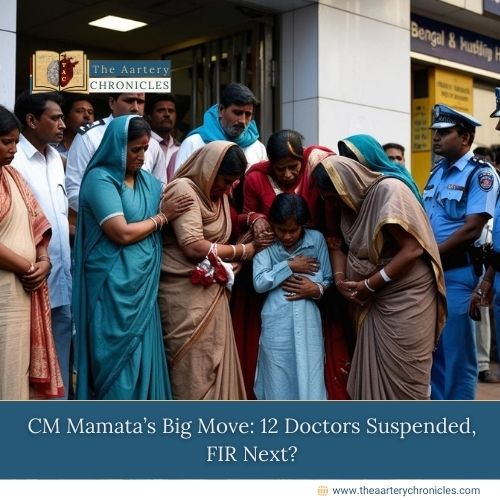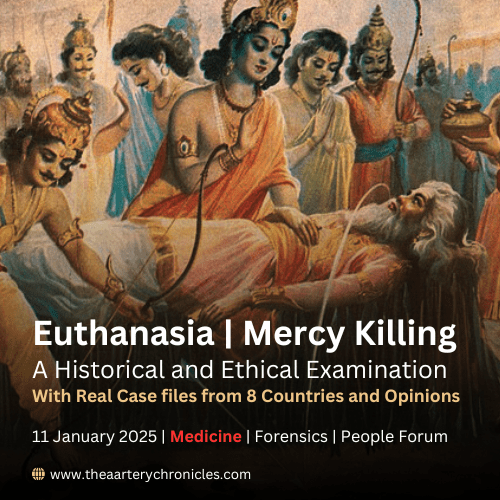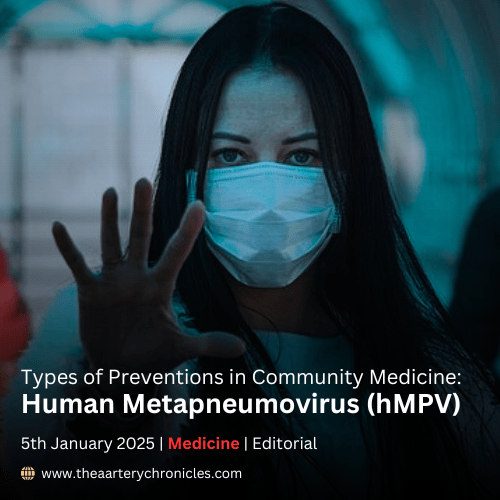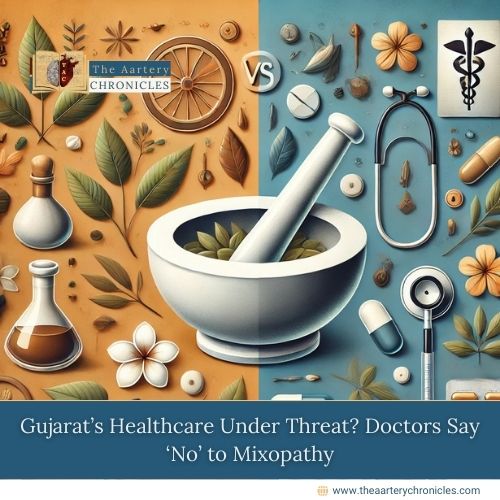Doctors May Soon Be Banned From Prescribing Brands
Reading Time: 2 minutesThe Supreme Court suggests doctors should prescribe only generic medicines to reduce costs and stop unethical pharma promotions.
Doctors May Soon Be Banned From Prescribing Brands Read More »
Medicine and Diseases




